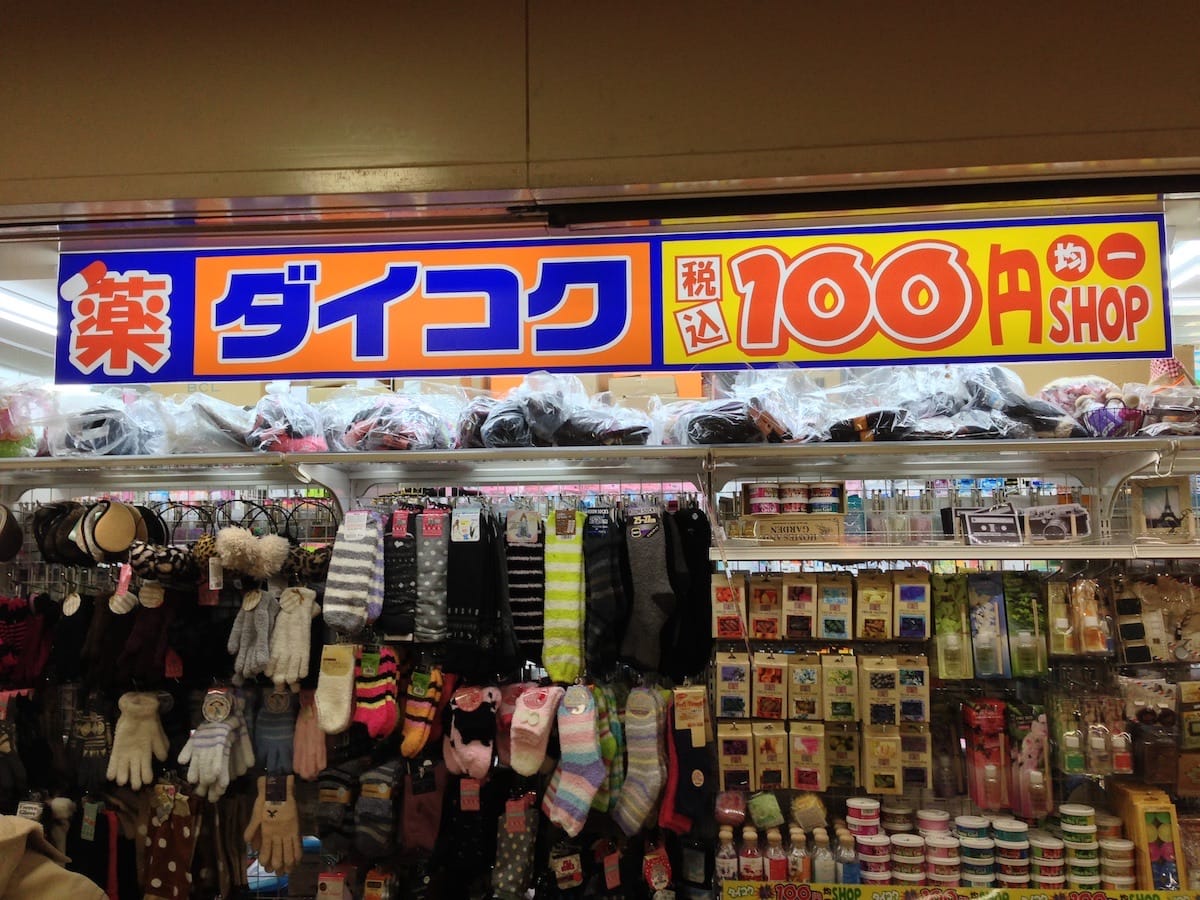
Source: kimubert, CC BY 2.0, via Wikimedia Commons
Top tips for snaffling up cool bargains at Japan’s 100-yen shops
- Tags:
- 100 yen shop / one hundred yen shop / sale / shopping / Souvenir / thrift shop
Related Article
-
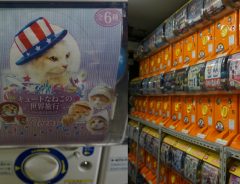
Gachapon Heaven at Gachapon Kaikan, the Akihabara Store That is Floor to Ceiling Capsule Toy Machines
-

Japanese company weaving textiles in Kokura-ori tradition cuts waste by selling leftover fabric
-
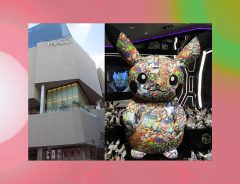
Shibuya Parco Reborn: Nintendo’s First Store in Japan, A Unique Pokemon Center and More
-
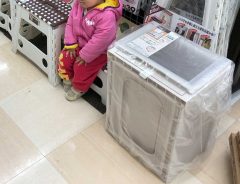
A girl taking a break while her parents are shopping. But they don’t get the hint…
-
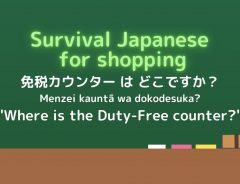
Japanese teacher’s real phrases to use in Japan: Shopping [audio included]
-
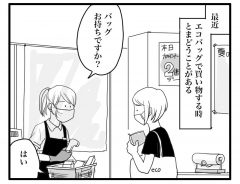
Plastic restrictions in Japan cause more awkward situations [manga]


The one-hundred-yen shop, where everything costs 100 yen or less, is not particular to Japan. But no other country can boast the depth and breadth of goods on offer in its discount stores as Japan.
The selection is typically wider than what you would find in a typical American 99 cent store. From food to sundries, tableware to cookware, stationary to clothing and cosmetics, there’s very little that you can’t find in your neighbourhood 100-yen shop.
One-hundred-yen shops keep their costs down by buying in bulk, and the quality is generally high. Try comparing their prices with those in a neighbouring supermarket and you’ll find that they are usually two or three times cheaper.
One-hundred-yen shops are great for kitting yourself out with daily necessities. If you’re savvy, you can pick up some real bargains, including cool souvenirs, for just 100 yen.
Many 100-yen shops sell Maneki neko – waving cats; they make great souvenirs. | Jakub Hałun, CC BY-SA 3.0, via Wikimedia Commons
But buyers should be aware: it’s all too easy to walk into a 100-yen shop looking for a pair of nail scissors and come out with ten items you didn’t really need. 100-yen shops rely on this kind of impulse buyer to bump up their profit margins.
They also depend on customers who are happy to pay 100 yen for goods that actually cost less. Next time you find yourself buying low-value basics like toothpicks, salt or tissues in a 100-yen shop, ask yourself who is fooling who!
In other words, 100-yen shops might lose money to savvy shoppers, but they make even more money from dupes. There will always be more dupes than savvy shoppers on the high street, which is how they’re able to survive. As the old maxim goes, ‘Buyer beware!’
わたらせみずほ, CC BY-SA 3.0, via Wikimedia Commons
With that in mind, where is a good place to snaffle up 100-yen bargains? One of the biggest chains of 100-yen shops in Japan is Daiso. A typical Daiso outlet carries 90,000 items. Every week, 1000 new items join the roster, and 1000 items drop off it. Daiso Harajuku on Takeshita Street is a good place to start bargain hunting.
Another popular 100-yen chain, especially with women, is Natural Kitchen. They sell sundries made out of all-natural materials and have a lot of stylish lifestyle items on their shelves. They’re also good for Japanese cookware and kitchen equipment.
Such is the popularity – and profitability – of the 100-yen shop retailing model that Japan’s convenience stores have also been trying to get a slice of the action. Convenience stores like Lawson 100, where everything costs just 100 yen, are a great place to stock up on nigiri, sandwiches, drinks and snacks – it’s even cheaper than a regular Lawsons!
Daiso Harajuku is at Village 107, 1-19-24 Jingumae, Shibuya-ku. See their website or call 03-5775-9641.
Natural Kitchen has many branches, but the one in Shibuya is super-handy. It’s at Shibuya Mark City West Mall 2F, 1-12-1 Dogenzaka, Shibuya-ku. See their website, or call 03-3464-7737.
_______
Sources:
Data from Cool Japan: A Guide to Tokyo, Kyoto, Tohoku and Japanese Culture Past and Present (Sumiko Kajiyama, Museyon Guides 2013, p.196)